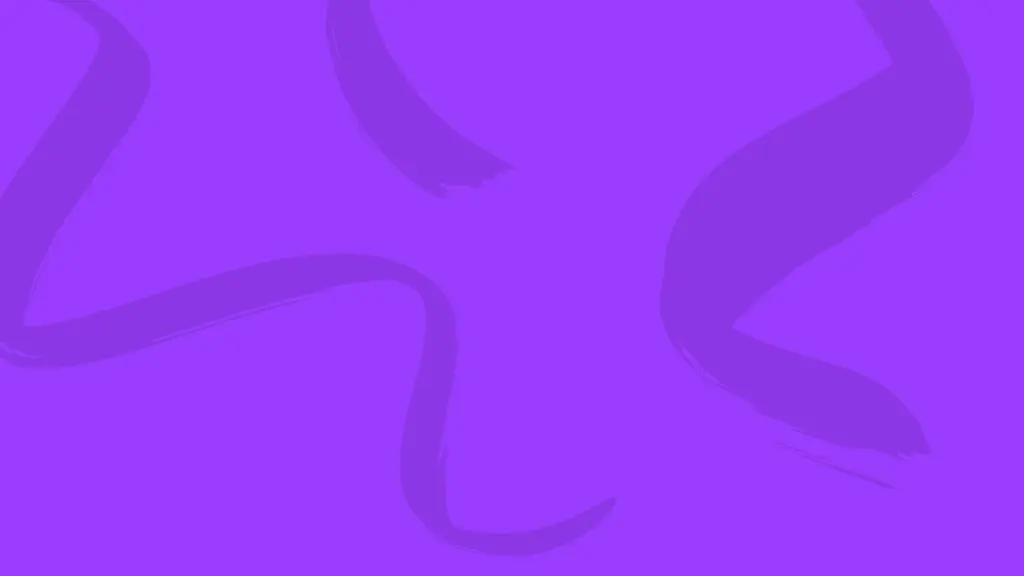Sensitive content
This site contains sensitive content that includes references to sexual violence.
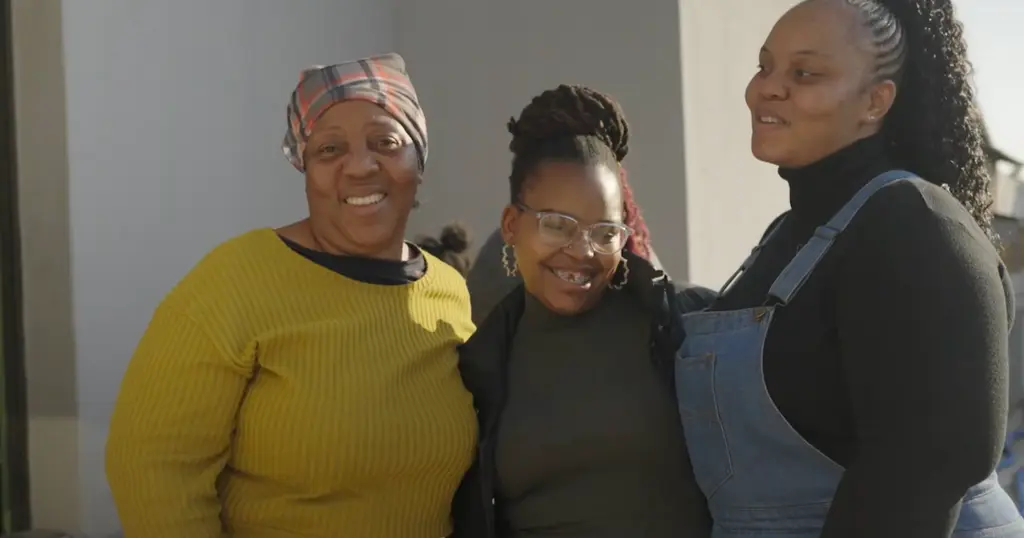
"I’m choosing to tell my story for other women to know that they’re not the only ones … my peace comes from helping others … that gives me comfort and healing"
The difficult truth is that childhood sexual violence is rife and often happens where children are meant to feel safe - within families, the homes of those we trust, and in community spaces like schools or places of worship.
“My justice, my voice: Speaking up to end childhood sexual violence”, follows the lived experiences of three survivors of childhood sexual violence: Sheila, Jacque and her daughter, Thabile.
Jacque conducts trauma counselling as part of a psychosocial youth programme in schools for ADAPT. Through working on addressing gender-based violence she found healing for herself and helps others by providing support and training to women, men, youth, and the elderly.
"I was raped by someone I knew and gave birth to my daughter, Thabile, on my 18th birthday. I was threatened not to tell anyone if I didn't want my family or myself to be killed … I see things that happened to me, still happening to kids now."
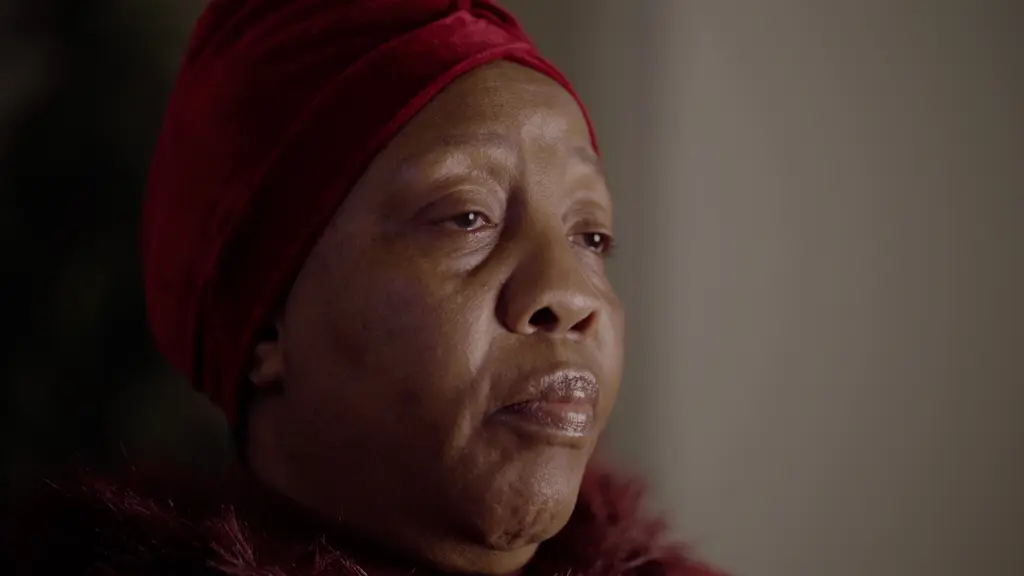
She believes the justice system in her country is failing victims and survivors, and law enforcement is re-victimizing survivors while being lenient with offenders – but with greater resources and by treating people with dignity, it can become one that supports healing and accountability.
“We have to provide holistic support to survivors and victims but we don’t have enough resources to treat them swiftly, privately and considerately…There are cases that we’ve fought, and the perpetrator has been arrested, and finally sentenced due to our diligent work. But I still don’t feel like I’m doing enough and sometimes I don’t even want to take on these cases because I fear we don’t have the resources to help them get justice.”
Outside of her work as a trauma counsellor, Jacque is sharing her experience in this film in hopes it could change someone else’s life.
Jaque’s daughter, Thabile, believes that recognizing our individual roles in creating change is essential. “We all possess the capacity to bring about meaningful change.”
"I could not believe that I could be a child born out of rape. The first time I heard it, it crushed me. This revelation elicited intense emotions, including denial, anger, and bitterness. Then at 17, I was also raped by a friend."
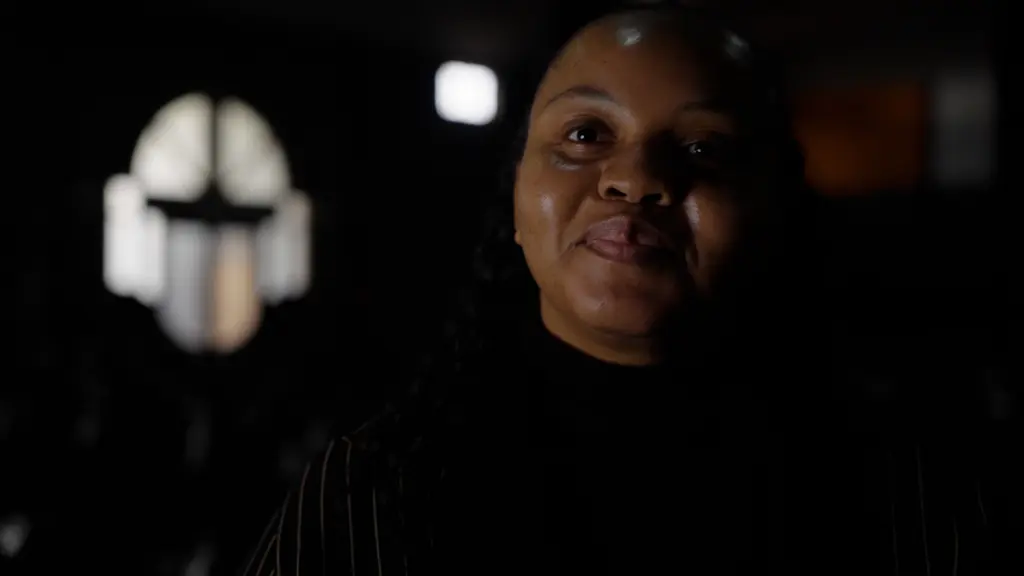
She reflects, "My childhood was marked by a dysfunctional environment, marred by abuse and rejection from both my community and family."
However, after reaching a breaking point, she is determined to create a positive impact.
“My experiences have underscored the importance of creating a safe and supportive space for others who have faced similar challenges. I love empowering the youth, so I spend time traveling to different provinces and visiting schools to share my testimony, become a supportive big sister to some, and offer counseling. This creates a safe space for victims to open up and find their voice.”
Sheila grew up in a violent home. At age seven, she was raped by someone close to her. It happened again when she was a teenager and continued for three years.
She recognizes communication as invaluable in her work to end childhood sexual violence. “Children should be able to just be children, without fear. I’ve managed to create an open door policy for the kids I work with, where they can freely share their thoughts and feelings. I have created a space where engagement between parents and children is open.
"I want this film to teach parents and community to be mindful of the children around us. They should feel safe to speak up if they are being harmed."
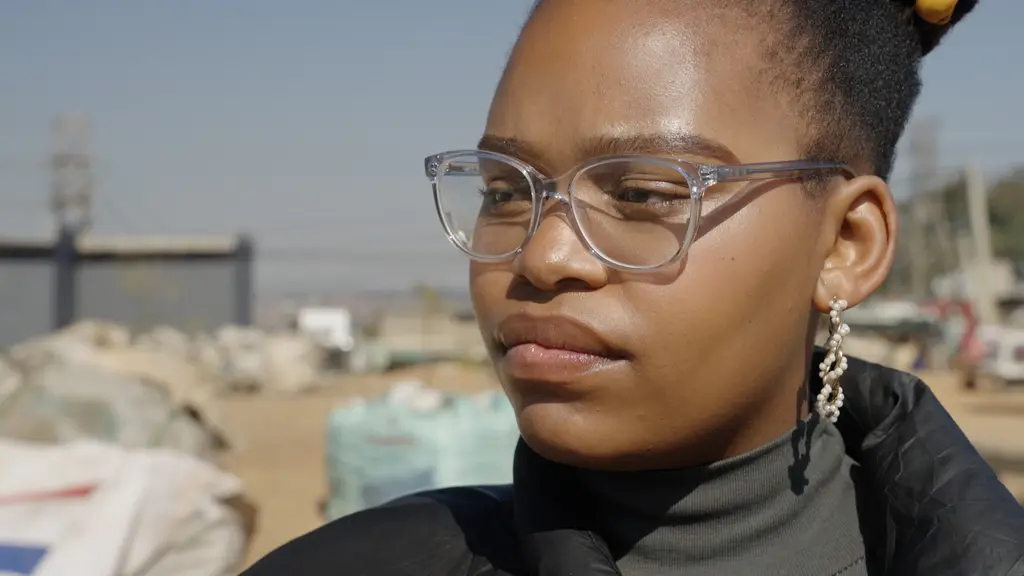
The film showcases critical gaps in legal and child protection systems. It reinforces the need for investment in child protection, and calls for urgent action by world leaders to keep children safe.
All three survivor activists featured hope that the film - launched on the backdrop of South Africa’s G20 - motivates victims and survivors to seek help and find justice. And they also have a message to decision makers.
“I would urge leaders to be more protective, sensitive, and supportive of children, as they are failing our young people. We must hold perpetrators accountable and ensure justice. However, this is a collective responsibility that requires accountability from leaders, governments, societies, communities, and parents.” - Thabile
“Decision-makers are living in secured homes. They've got security guards. They don't know what we experience on the ground. Come on the ground and see what is happening. Go with us to outreach activities. Come and sit in our schools when we conduct support groups. We need funding and better laws that protect survivors and victims, not perpetrators.” - Jacque
“I see this as an opportunity to impact people in high positions to act now and put pressure on the police and the justice system to do right. Raise the awareness of childhood sexual violence and make it known and heard. It makes me so happy to have this opportunity to speak for the survivors and work on this meaningful cause that will change the minds of our people.” - Sheila
